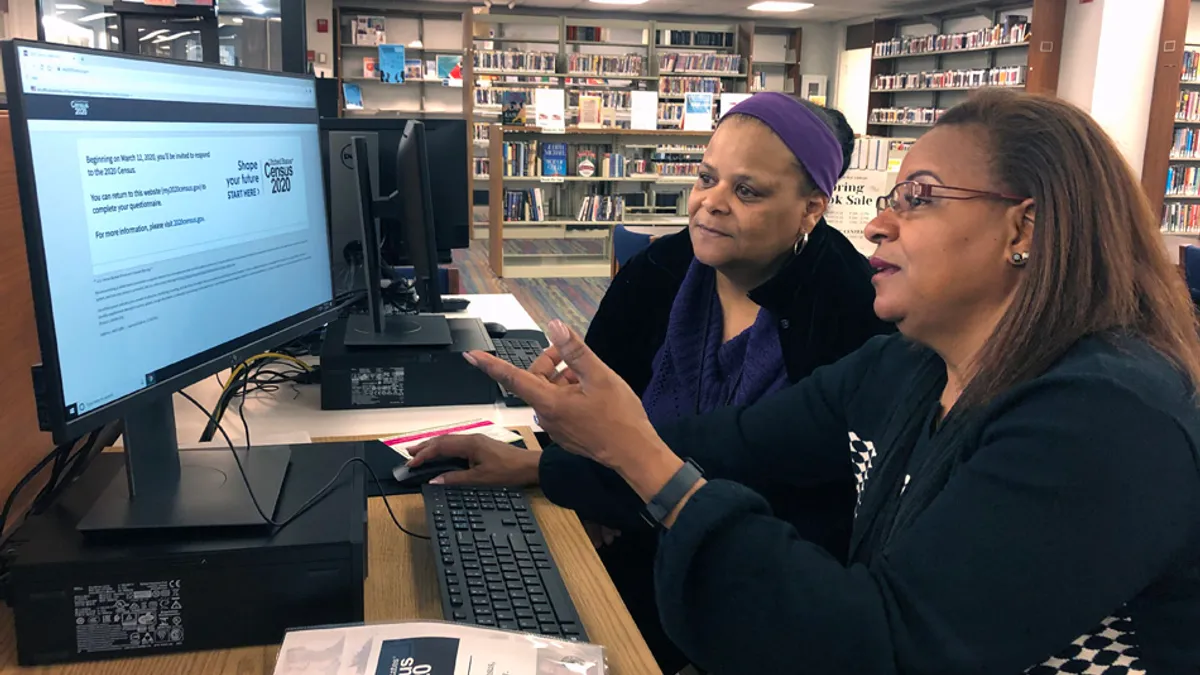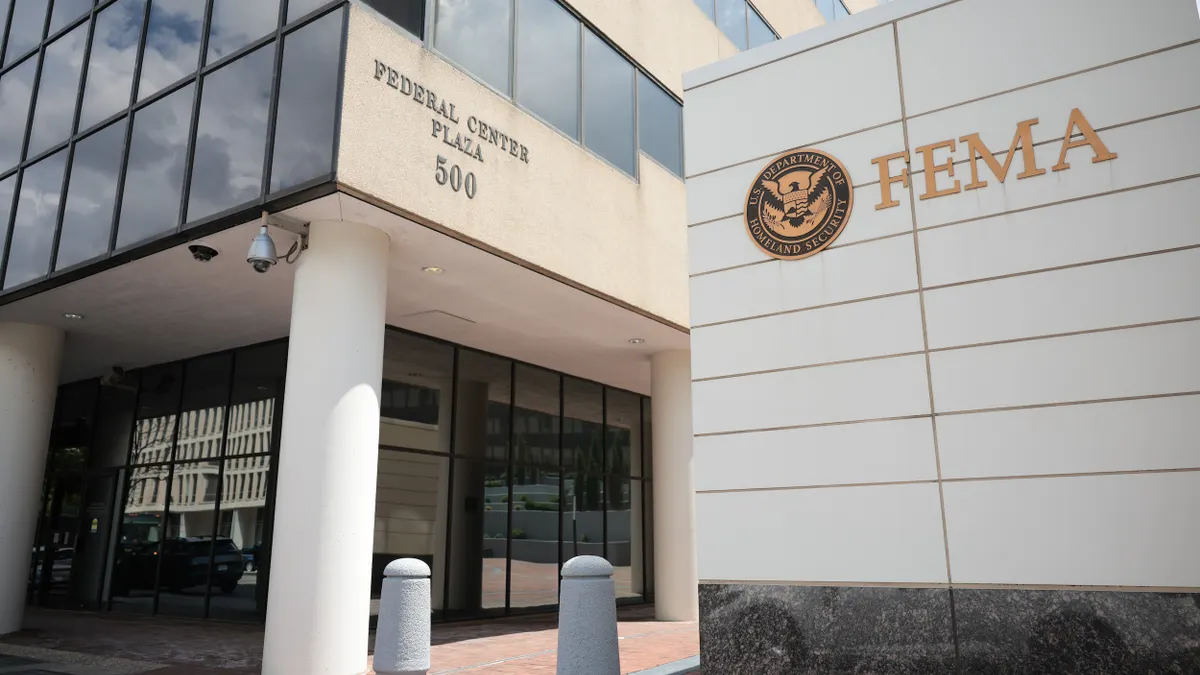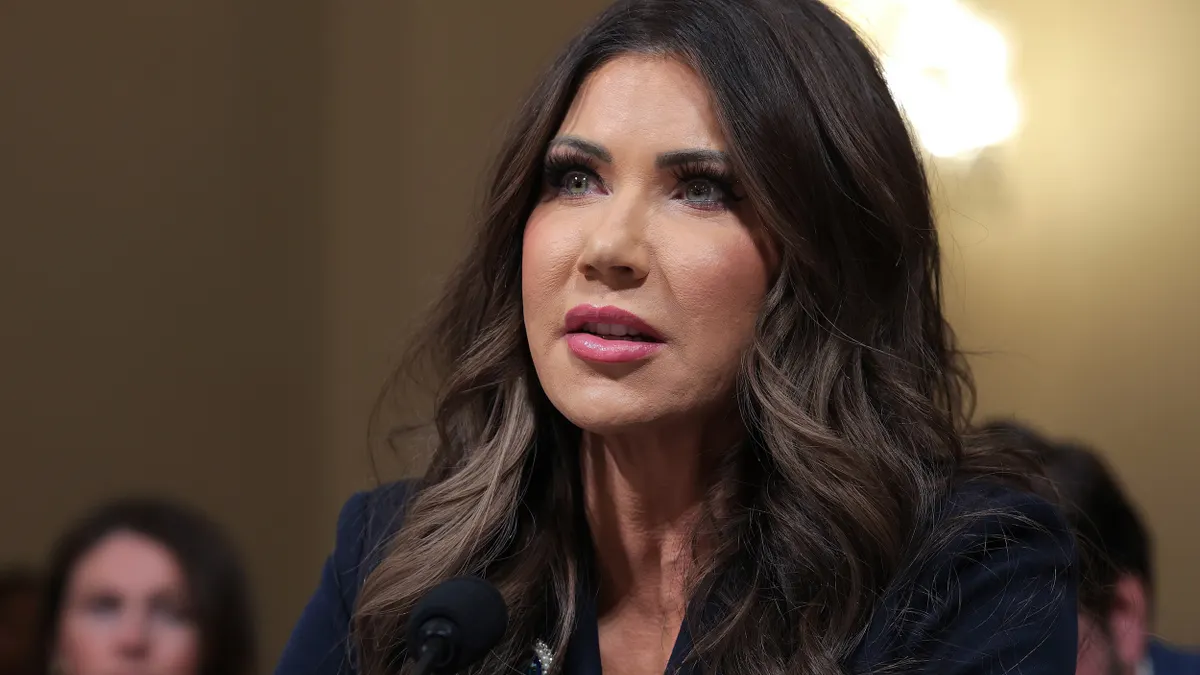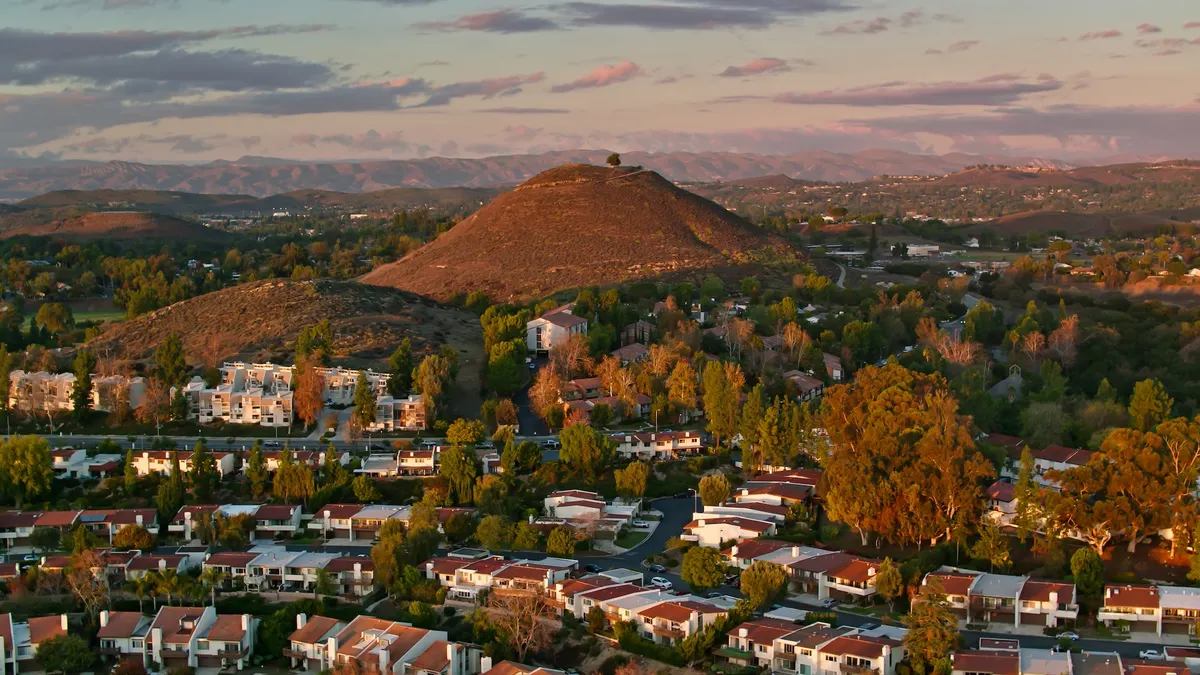The Morton-James Public Library in Nebraska City, NE had a broad range of plans to encourage participation in the 2020 census. Some of those plans included setting up a display table in the break room at a local meatpacking plant, visiting places of worship before or after the clergy’s homily and camping out in schools during parent-teacher conferences.
Those efforts have come to an abrupt stop due to the recent nationwide outbreak of COVID-19. The library, which is still partially open, has been forced to switch gears and engage census respondents in new ways — and with at least six feet of separation between staff and patrons. It is now promoting the census with tactics like bookmarks, social media and "gentle personal prodding" when patrons visit the building, reference librarian Denise Davis told Smart Cities Dive.
The Morton-James Public Library is one of many U.S. libraries that have been forced to adjust original census programming since the coronavirus forced people into isolation, potentially threatening the accuracy of the census count and the billions of dollars in funding at stake.
Libraries are often viewed as an essential partner to help cities and the U.S. Census Bureau achieve a complete count due to their role as a trusted institution and because of their ability to address the digital divide. The country’s more-than 16,500 libraries can help reach more than 24 million Americans who don’t have access to high-speed internet at home. (In an effort to elicit more online responses, the Census has extended the self-response deadline to August 14.)
Cobb County Public Library System spokesperson Thomas Brooks told Smart Cities Dive he is optimistic the Atlanta-area’s census count can still be successful. The county’s response rate as of March 29 was 33.8%, which is slightly higher than the state’s 31% response rate, proving that some optimism may be warranted, he said in an email statement.
Let's go, Cobb! As of Sunday, Cobb's self-response rate was 19.7% beating out the state of Georgia's 18.9% rate. Let's keep the momentum going!#CountOnLibraries #CountOnCOBBLibraries #2020Census #CountUsIn #ShapeYourFuture #cobbcounty #cobblibrary pic.twitter.com/rq1q0i4mEX
— Cobb County Library (@cobblibrary) March 24, 2020
But the digital divide remains a pressing issue in Belen, NM. About 40% of their households don’t have access to the internet or devices at home, Belen Public Library Director Kathleen Pickering told Smart Cities Dive.
The library, which has been closed since March 17, has 48 public computers that were going to be used for respondents to fill out the census online, she said. The library also planned to provide a computer coach for people less familiar with the technology to navigate to the digital survey.
While Pickering says having a library almost entirely to herself these days is almost "like a childhood dream," the closure has disrupted many of the library’s original census plans. That disruption could potentially have a major effect on the area’s census participation.
The library’s new census efforts include teaming up with the school district, posting to Facebook and sending notices in bills for everyone who receives utility, garbage or sewer services from the city, she said. The Belen Public Library, like many others, also has public Wi-Fi available around the building.
The American Library Association has recommended that the country’s libraries provide Wi-Fi 24-7 for patrons during the pandemic. The available Wi-Fi can help support a resident’s ability to take the count online, Public Library Association Deputy Director Larra Clark told Smart Cities Dive.
The #2020Census is adapting its plans in response to COVID-19. Libraries are finding new and creative ways to keep their communities informed. #CountOnLibraries #LibrariesStrong
— American Library Association (@ALALibrary) March 24, 2020
For the latest details, see these updates from the @uscensusbureau: https://t.co/IuQtcpoOon https://t.co/7cVnud75Ev
"The 2020 census continues to be a top concern for libraries even during this time of crisis," she said. "Libraries continue to play an important and trusted role in sharing accurate information whether that has to do with the virus or with the census."
Beyond providing Wi-Fi at library locations, Clark said she is seeing many libraries emphasize communication and public awareness to support a complete count. Social media has been popular, in addition to other creative means like including census materials in any curbside pickup services or hanging posters around closed library buildings with information about how to respond online or via phone.
Overall, Clark is optimistic that libraries can still support a complete count despite disruptions from the coronavirus. "When libraries are able to reopen, they’re going to come back in full force with a range of services and working to support a complete count will be a part of them," she said.
To keep up with all of our coverage on how the new coronavirus is impacting U.S. cities, visit our daily tracker.




















